Manufacturing Grants in Canada in 2026
Accelerate your growth with manufacturing grants. Automate, innovate, export.
Manufacturing grant programs are designed to support businesses in the manufacturing sector in Canada, by providing them with grant funding to help them grow and innovate. The program aims to strengthen the competitiveness of the manufacturing sector in Canada and create new opportunities for businesses in this sector. The program is funded by the Government of Canada and is administered by the Canadian government. Manufacturing Grants Program is an important resource for Canadian manufacturing businesses, providing them with the support they need to remain competitive in the global.
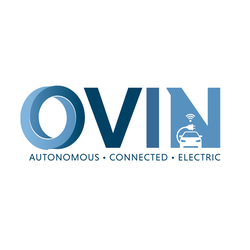
C/AV and Smart Mobility — Stream 1
Ontario Vehicle Innovation Network (OVIN)- Up to 100% of project cost
- Manufacturing
- Transportation and warehousing
- Professional, scientific and technical services
- Public administration

iRAPID
Innovation Initiatives Ontario North- Maximum amount : 10,000 $
- Up to 50% of project cost
- Manufacturing
- Professional, scientific and technical services

RCM Vallée-Du-Richelieu — Creavenir
RCM Vallée-Du-Richelieu- Maximum amount : 15,000 $
- Agriculture, forestry, fishing and hunting
- Manufacturing
- Retail trade
- Professional, scientific and technical services

Powering the future: Solid-state hydrogen storage for military platforms
Government of Canada- Maximum amount : 5,000,000 $
- Manufacturing
- Transportation and warehousing
- Professional, scientific and technical services
- Public administration

Canada–Germany 2026 Quantum collaborative industrial research and development call for proposals
National Research Council Canada (NRC)- Maximum amount : 700,000 $
- Up to 80% of project cost
- Manufacturing
- Information and cultural industries
- Professional, scientific and technical services

SMART Cluster's 9th call for proposals – advanced manufacturing
National Research Council Canada (NRC)- No Condition
- Manufacturing

Electric Vehicle (EV) — Stream 2
Ontario Vehicle Innovation Network (OVIN)- Maximum amount : 1,000,000 $
- Utilities
- Manufacturing
- Transportation and warehousing
- Professional, scientific and technical services
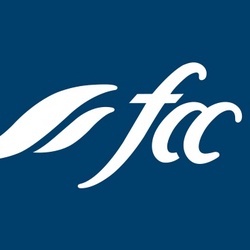
Alizés Awards
Farm Credit Canada (FCC)- No Condition
- Agriculture, forestry, fishing and hunting
- Manufacturing

Program to support research and development of products made from reused and recycled end-of-life tires
Recyc-Québec- Maximum amount : 75,000 $
- Up to 75% of project cost
- Manufacturing
- Administrative and support, waste management and remediation services

CFIN Food Innovation Challenge
Canadian Food Innovation Network (CFIN)- From $20,000 to $2,000,000
- Up to 50% of project cost
- Manufacturing

Rail Transportation Infrastructure and Modal Integration Support Program — Part 3 — Studies
Minister of Transport and Sustainable Mobility of Quebec- Maximum amount : 250,000 $
- Up to 66.67% of project cost
- Agriculture, forestry, fishing and hunting
- Mining, quarrying, and oil and gas extraction
- Utilities
- Construction
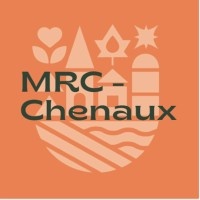
MRC des Chenaux — Chenaux Local Social Economy Fund (FLÉS)
MRC des Chenaux- Maximum amount : 15,000 $
- Up to 50% of project cost
- Manufacturing
- Arts, entertainment and recreation
- Accommodation and food services
- Other services (except public administration)

MRC Les Moulins — FLI/FLS
MRC Les Moulins- Maximum amount : 150,000 $
- Up to 50% of project cost
- Manufacturing
- Wholesale trade
- Retail trade
- Professional, scientific and technical services
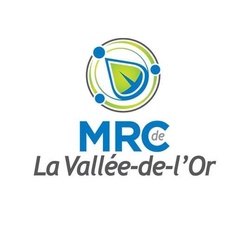
MRC La Vallée-de-l'Or — Local Investment Funds FLI-FLS
MRC La Vallée-de-l'Or- From $5,000 to $300,000
- Up to 50% of project cost
- Mining, quarrying, and oil and gas extraction
- Manufacturing
- Wholesale trade
- Retail trade

ÉcoPerformance — Implementation of large industrial projects
Environnement Québec (MELCC)- Up to 75% of project cost
- Manufacturing
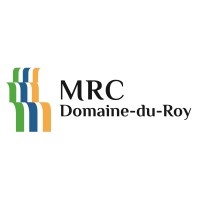
MRC Domaine-du-Roy — Economic Development Fund
MRC Domaine-du-Roy- Maximum amount : 150,000 $
- Up to 50% of project cost
- Manufacturing
- Professional, scientific and technical services

Tax credit for shipbuilding
Revenu Québec- Up to 38% of project cost
- Manufacturing
- Transportation and warehousing

Career launcher — ImpAct Internships
Colleges and Institutes Canada- Maximum amount : 10,000 $
- Up to 100% of project cost
- Manufacturing

Rail Transportation Infrastructure and Modal Integration Support Program – Part 2 – Modal Integration
Minister of Transport and Sustainable Mobility of Quebec- Maximum amount : 2,500,000 $
- Up to 50% of project cost
- Construction
- Manufacturing
- Wholesale trade
- Transportation and warehousing
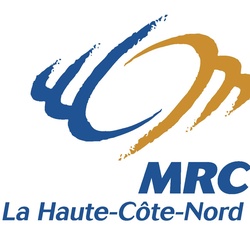
MRC La Haute-Côte-Nord — FLI/FLS
MRC La Haute-Côte-Nord- Maximum amount : 150,000 $
- Up to 50% of project cost
- Agriculture, forestry, fishing and hunting
- Manufacturing
- Transportation and warehousing
- Professional, scientific and technical services
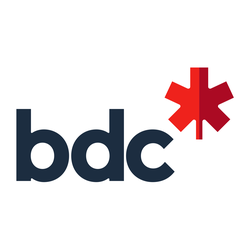
BDC Financing — Business purchase or transfer loan
Business Development Bank of Canada (BDC)- No Condition
- Manufacturing
- Retail trade
- Accommodation and food services
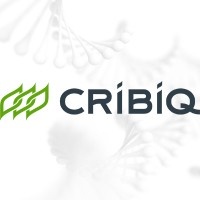
PSO-Biofood II – 144th call for projects
Consortium de recherche et d'innovations en bioprocédés industriels au Québec (CRIBIQ)- Maximum amount : 1,500,000 $
- Up to 27% of project cost
- Agriculture, forestry, fishing and hunting
- Manufacturing
- Professional, scientific and technical services
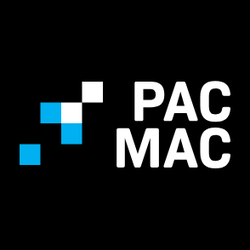
Marketing support project for kitchen furniture and cabinets
PACMAC- Maximum amount : 99,000 $
- Manufacturing

DEL — Equipment and Technology Loan
Développement économique de l'agglomération de Longueuil (DEL)- Maximum amount : 150,000 $
- Up to 50% of project cost
- Manufacturing
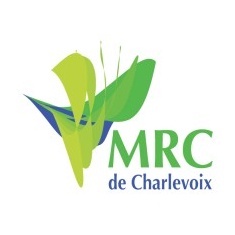
MRC Charlevoix — Support Fund for the Emergence of Business Projects
MRC Charlevoix- Maximum amount : 100,000 $
- Up to 50% of project cost
- Agriculture, forestry, fishing and hunting
- Manufacturing
- Professional, scientific and technical services
- Arts, entertainment and recreation
Discover how much grant funding is available for your business
Subsidize your projects with grants!
Use our free grant estimator to quickly identify the available grant amounts for which your company may be eligible.
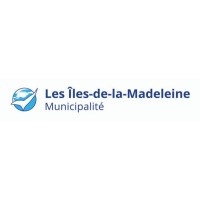
Îles-de-la-madeleine — Vitalization frame - Component 2
Municipalité des Îles-de-la-Madeleine- Maximum amount : 100,000 $
- Up to 50% of project cost
- Agriculture, forestry, fishing and hunting
- Construction
- Manufacturing
- Wholesale trade
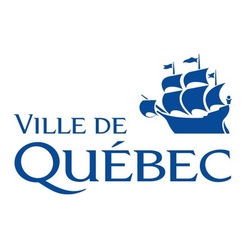
Business Growth — Growth support vouchers
Quebec City- Maximum amount : 25,000 $
- Up to 50% of project cost
- Manufacturing
- Information and cultural industries
- Finance and insurance
- Professional, scientific and technical services

- No Condition
- Manufacturing
- Information and cultural industries
- Professional, scientific and technical services
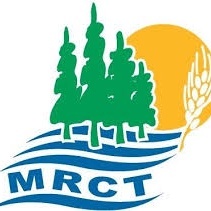
MRC Témiscamingue — Business Succession Loan
MRC Témiscamingue- From $5,000 to $150,000
- Up to 20% of project cost
- Agriculture, forestry, fishing and hunting
- Manufacturing
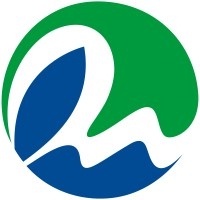
Rouyn-Noranda — FLI-FLS – Entrepreneurial Succession
City of Rouyn-Noranda- Maximum amount : 250,000 $
- Up to 5% of project cost
- Agriculture, forestry, fishing and hunting
- Manufacturing
- Arts, entertainment and recreation
- Accommodation and food services

Recyc-Québec — Beverage Container Recycling — Stream 2
Recyc-Québec- Maximum amount : 2,000,000 $
- Up to 70% of project cost
- Manufacturing
- Administrative and support, waste management and remediation services
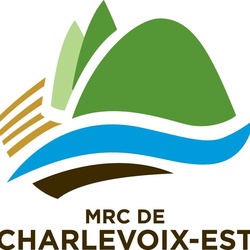
MRC Charlevoix-Est — Local Investment Fund (FLI) and Local Solidarity Fund (FLS)
MRC Charlevoix-Est- Maximum amount : 125,000 $
- Up to 50% of project cost
- Agriculture, forestry, fishing and hunting
- Manufacturing
- Professional, scientific and technical services
- Educational services
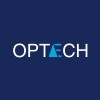
OPZI – Innovation in optics and photonics
Optech- Up to 40% of project cost
- Manufacturing
- Professional, scientific and technical services
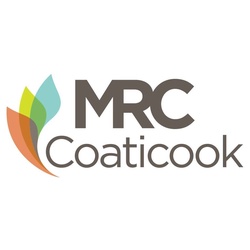
MRC Coaticook — Vitality Entrepreneurship Fund
MRC de Coaticook- Maximum amount : 10,000 $
- Up to 50% of project cost
- Agriculture, forestry, fishing and hunting
- Manufacturing
- Other services (except public administration)
- Public administration

MRC De la Côte-de-Gaspé - Investment support fund
MRC de La Côte-de-Gaspé- From $10,000 to $10,000
- Up to 20% of project cost
- Agriculture, forestry, fishing and hunting
- Mining, quarrying, and oil and gas extraction
- Utilities
- Construction

Financial assistance for large-scale northern projects
Gouvernement du Québec- Minimum amount : 200,000 $
- Up to 80% of project cost
- Agriculture, forestry, fishing and hunting
- Mining, quarrying, and oil and gas extraction
- Utilities
- Construction

Saint-Hyacinthe Technopole — MADE
MRC des Maskoutains- Maximum amount : 10,000 $
- Manufacturing
- Retail trade
- Other services (except public administration)
- Public administration
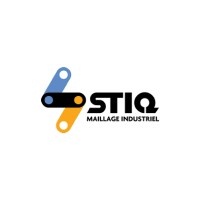
Podium Manufacturier
Sous-traitance industrielle Québec (STIQ)- From $40,000 to $70,000
- Manufacturing

CACHE Challenges
Conscience- Maximum amount : 75,000 $
- Up to 50% of project cost
- Manufacturing
- Professional, scientific and technical services
- Health care and social assistance
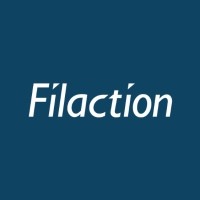
Mosaic Fund
Filaction- From $50,000 to $500,000
- Construction
- Manufacturing
- Wholesale trade
- Retail trade
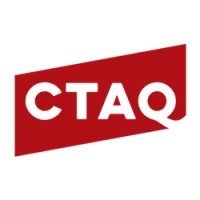
Prix innovation en alimentation
Conseil de la transformation alimentaire du Québec (CTAQ)- No Condition
- Agriculture, forestry, fishing and hunting
- Manufacturing
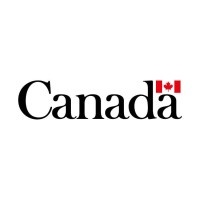
FedDev Ontario — Funding for organizations that help businesses grow
Federal Economic Development Agency for Southern Ontario (FedDev)- From $125,000 to $10,000,000
- Manufacturing
- Information and cultural industries
- Professional, scientific and technical services
- Administrative and support, waste management and remediation services

Visées program — Training
Chamber of Commerce of Metropolitan Montreal (CCMM)- Maximum amount : 8,000 $
- Up to 50% of project cost
- Agriculture, forestry, fishing and hunting
- Manufacturing
- Information and cultural industries
- Professional, scientific and technical services
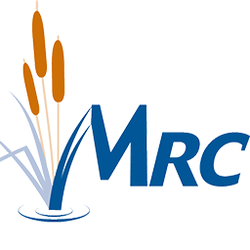
MRC Kamouraska — Project Emergence Program (PEP)
MRC Kamouraska- Maximum amount : 5,000 $
- Up to 50% of project cost
- Manufacturing
- Professional, scientific and technical services
- Administrative and support, waste management and remediation services
- Educational services
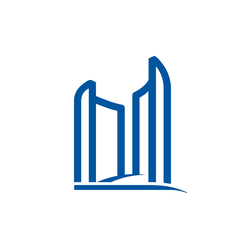
Eco-Roof Incentive Program
City of Toronto- Maximum amount : 100,000 $
- Construction
- Manufacturing
- Educational services
- Health care and social assistance
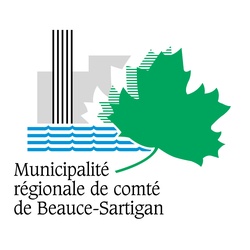
MRC Beauce-Sartigan — Local funds - EXPANSION component
MRC Beauce-Sartigan- Maximum amount : 50,000 $
- Up to 50% of project cost
- Manufacturing
- Retail trade

MTRIC — PSO Large companies
Metal Transformation Research and Innovation Consortium (MTRIC)- From $200,000 to $1,500,000
- Up to 40% of project cost
- Manufacturing

MRC Charlevoix - Local Investment Fund (FLI) and Local Solidarity Fund (FLS)
MRC Charlevoix- Maximum amount : 225,000 $
- Up to 50% of project cost
- Agriculture, forestry, fishing and hunting
- Construction
- Manufacturing
- Retail trade

Sustainable industrial buildings subsidy
City of Montreal (MTL)- Maximum amount : 1,000,000 $
- Up to 100% of project cost
- Agriculture, forestry, fishing and hunting
- Manufacturing
- Transportation and warehousing
- Information and cultural industries
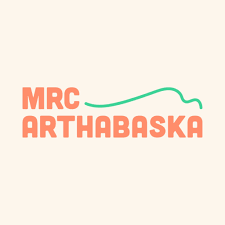
MRC Arthabaska - Local Solidarity Fund (LSF)
MRC Arthabaska- From $5,000 to $40,000
- Manufacturing
- Professional, scientific and technical services
Access over 4000 different funding opportunities
Try the helloDarwin platform today and find programs that fit your needs
The helloDarwin application makes it easy to unlock grants so your business can grow faster—with less hassle and more impact.

MRC La Vallée-de-l’Or — Reimbursement – Public Market Booth Rental Fees
MRC La Vallée-de-l'Or- Up to 100% of project cost
- Agriculture, forestry, fishing and hunting
- Manufacturing
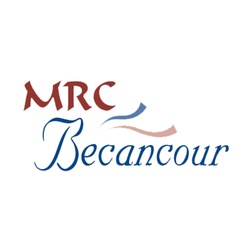
MRC Bécancour — Local solidarity funds (FLS)
MRC Bécancour- From $5,000 to $100,000
- Up to 10% of project cost
- Manufacturing
- Retail trade
- Accommodation and food services
- Other services (except public administration)

MTRIC — INNOV-R SME
Metal Transformation Research and Innovation Consortium (MTRIC)- Maximum amount : 450,000 $
- Up to 50% of project cost
- Manufacturing
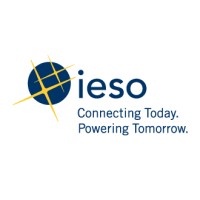
Retrofit Program
Independent Electricity System Operator (IESO)- Maximum amount : 250,000 $
- Up to 50% of project cost
- Agriculture, forestry, fishing and hunting
- Manufacturing
- Educational services
- Health care and social assistance

MRC L'Érable — Local Solidarity Fund (LSF)
MRC L'Érable- Maximum amount : 100,000 $
- Up to 50% of project cost
- Agriculture, forestry, fishing and hunting
- Manufacturing
- Retail trade
- Health care and social assistance
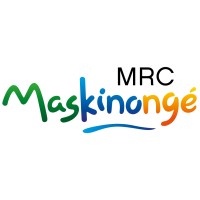
MRC Maskinongé — Young Entrepreneurs
MRC de Maskinongé- Maximum amount : 14,000 $
- Manufacturing

MRC des Chenaux — Young Promoters Fund
MRC des Chenaux- Maximum amount : 11,000 $
- Up to 80% of project cost
- Agriculture, forestry, fishing and hunting
- Manufacturing
- Professional, scientific and technical services
- Arts, entertainment and recreation

DEL — Business Acquisition Loan
Développement économique de l'agglomération de Longueuil (DEL)- Maximum amount : 150,000 $
- Up to 25% of project cost
- Agriculture, forestry, fishing and hunting
- Mining, quarrying, and oil and gas extraction
- Utilities
- Construction

MRC Témiscamingue — Investment Fund Loan
MRC Témiscamingue- From $5,000 to $150,000
- Agriculture, forestry, fishing and hunting
- Manufacturing

MRC Arthabaska - Local Investment Fund (FLI)
MRC Arthabaska- From $5,000 to $40,000
- Manufacturing
- Professional, scientific and technical services
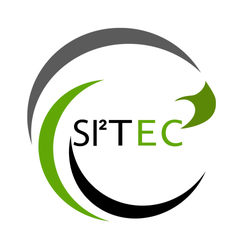
innovÉÉ — SI2TEC
innovÉÉ- Maximum amount : 500,000 $
- Up to 50% of project cost
- Agriculture, forestry, fishing and hunting
- Utilities
- Manufacturing
- Transportation and warehousing

Rouyn-Noranda — Local Investment (FLI) and Solidarity (FLS) Funds
City of Rouyn-Noranda- Maximum amount : 250,000 $
- Up to 20% of project cost
- Agriculture, forestry, fishing and hunting
- Manufacturing
- Accommodation and food services
- Other services (except public administration)

Energy Performance Program
Independent Electricity System Operator (IESO)- No Condition
- Utilities
- Manufacturing
- Educational services
- Health care and social assistance

Digital Shift Support Fund
Promotion Saguenay- Maximum amount : 35,000 $
- Up to 50% of project cost
- Manufacturing
- Information and cultural industries
- Professional, scientific and technical services

Developmental Licence Playbook
Innovation Canada- No Condition
- Manufacturing
- Transportation and warehousing
- Professional, scientific and technical services
- Health care and social assistance
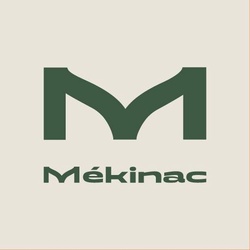
MRC de Mékinac — Local Investment Fund (FLI) and Solidarity Fund (FLS)
MRC de Mékinac- Maximum amount : 150,000 $
- Up to 50% of project cost
- Agriculture, forestry, fishing and hunting
- Manufacturing
- Transportation and warehousing
- Accommodation and food services
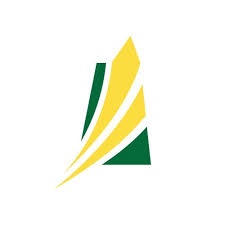
Saskatchewan Commercial Innovation Incentive (SCII)
Government of Saskatchewan- No Condition
- Agriculture, forestry, fishing and hunting
- Manufacturing
- Information and cultural industries
- Professional, scientific and technical services

MTRIC — INNOV-R
Metal Transformation Research and Innovation Consortium (MTRIC)- Maximum amount : 1,500,000 $
- Up to 40% of project cost
- Mining, quarrying, and oil and gas extraction
- Manufacturing

Commercial CoolSaver Program
Independent Electricity System Operator (IESO)- Maximum amount : 1,450 $
- Up to 5% of project cost
- Utilities
- Construction
- Manufacturing
- Wholesale trade

MRC Beauce Sartigan — Local funds - RELIEF component
MRC Beauce-Sartigan- Maximum amount : 100,000 $
- Up to 20% of project cost
- Manufacturing
- Retail trade

MRC Témiscamingue — Youth Strategy Loan
MRC Témiscamingue- From $5,000 to $150,000
- Up to 20% of project cost
- Agriculture, forestry, fishing and hunting
- Manufacturing
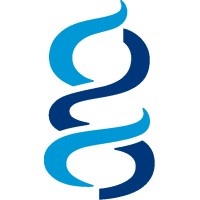
Genomics Innovation to Commercialization Program
Génome Québec- From $300,000 to $900,000
- Manufacturing
- Professional, scientific and technical services
- Educational services
- Health care and social assistance

MRC Drummond — Business Succession Program
MRC Drummond- Maximum amount : 250,000 $
- Up to 51% of project cost
- Manufacturing
- Wholesale trade
- Retail trade
- Arts, entertainment and recreation
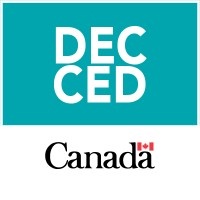
REGI — Jobs and Growth Fund — CED (QC) — Indigenous stream
Canada Economic Development for Quebec Regions (CED)- Up to 50% of project cost
- Manufacturing
- Information and cultural industries
- Health care and social assistance
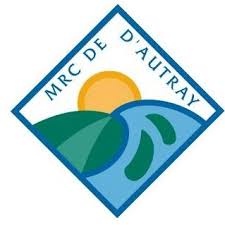
MRC de D’Autray — FLI/FLS
MRC de D'Autray- Maximum amount : 250,000 $
- Up to 20% of project cost
- Agriculture, forestry, fishing and hunting
- Manufacturing
- Other services (except public administration)
- Public administration
Find tailored funding for your business
Discover more grants on the helloDarwin platform
Look through over 4,000 grants, tax credits, loans and more financial aid on the helloDarwin application.
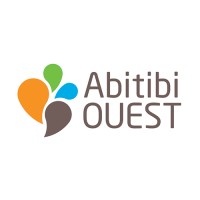
MRC Abitibi-Ouest — Digital Transition Fund
MRC Abitibi-Ouest- No Condition
- Agriculture, forestry, fishing and hunting
- Manufacturing
- Wholesale trade
- Retail trade
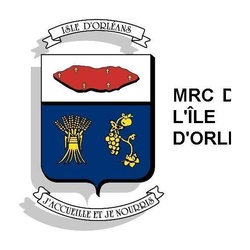
MRC L’Île-d’Orléans — Regions and Rurality Fund
MRC L'Île-d'Orléans- Maximum amount : 35,000 $
- Up to 50% of project cost
- Agriculture, forestry, fishing and hunting
- Manufacturing
- Arts, entertainment and recreation
- Other services (except public administration)
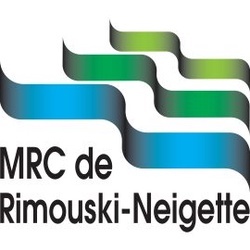
MRC Rimouski-Neigette — Local Investment Fund
MRC Rimouski-Neigette- From $10,000 to $150,000
- Up to 50% of project cost
- Manufacturing
- Retail trade
- Information and cultural industries
- Professional, scientific and technical services

MRC Joliette — Assistance fund for the establishment and start-up of structuring companies (FAIDES)
MRC de Joliette (CDÉJ)- Maximum amount : 50,000 $
- Up to 3% of project cost
- Manufacturing
- Information and cultural industries
- Professional, scientific and technical services

MRC Bécancour — Business Support Fund (BSF)
MRC Bécancour- Maximum amount : 10,000 $
- Up to 50% of project cost
- Manufacturing
- Retail trade
- Accommodation and food services
- Other services (except public administration)
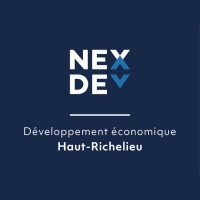
Rural Vitality Fund – Automation and Digital Practices
NexDev | Haut-Richelieu Economic Development- From $1,000 to $5,000
- Up to 10% of project cost
- Manufacturing
- Retail trade
- Other services (except public administration)
- Public administration
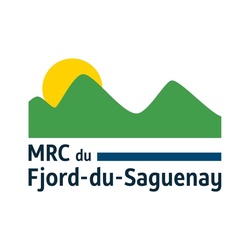
MRC Fjord-du-Saguenay — Entrepreneurship assistance and support fund (FASE)
MRC Fjord-du-Saguenay- From $15,000 to $75,000
- Up to 50% of project cost
- Agriculture, forestry, fishing and hunting
- Manufacturing
- Wholesale trade
- Retail trade
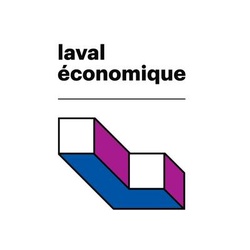
Laval économique — Tech shift – Manufacturing
Laval Economique- Maximum amount : 75,000 $
- Up to 25% of project cost
- Manufacturing

MRC Bécancour - Local Investment Fund (FLI) - “General” component
MRC Bécancour- From $5,000 to $75,000
- Up to 10% of project cost
- Manufacturing
- Retail trade
- Accommodation and food services
- Other services (except public administration)
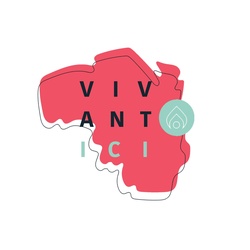
DEPS — Young Promoters Fund
Economic Development Pierre-De Saurel (DEPS)- Maximum amount : 6,000 $
- Manufacturing
- Retail trade
- Other services (except public administration)
- Public administration

MTRIC — SI2TEC – Feasibility Studies
Metal Transformation Research and Innovation Consortium (MTRIC)- Maximum amount : 75,000 $
- Up to 50% of project cost
- Manufacturing

MRC Témiscamingue — Youth Assistance Loan
MRC Témiscamingue- From $5,000 to $150,000
- Agriculture, forestry, fishing and hunting
- Manufacturing
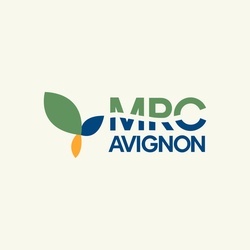
MRC d'Avignon — Local Investment Funds (FLI) and Local Solidarity Funds (FLS)
MRC Avignon- Maximum amount : 150,000 $
- Up to 50% of project cost
- Manufacturing
- Retail trade
- Information and cultural industries
- Professional, scientific and technical services

BDC Financing — Equipment Purchase Loan
Business Development Bank of Canada (BDC)- Up to 125% of project cost
- Manufacturing
- Transportation and warehousing
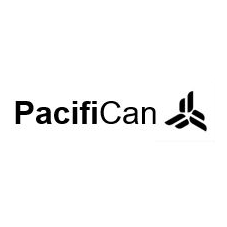
PacifiCan — Regional Economic Growth through Innovation — Business Scale-Up and Productivity
Pacific Economic Development Canada (PacifiCan)- From $200,000 to $5,000,000
- Up to 50% of project cost
- Agriculture, forestry, fishing and hunting
- Mining, quarrying, and oil and gas extraction
- Manufacturing
- Information and cultural industries

MRC Les Moulins — Futurpreneur Canada
MRC Les Moulins- Maximum amount : 20,000 $
- Up to 50% of project cost
- Manufacturing
- Retail trade
- Professional, scientific and technical services
- Administrative and support, waste management and remediation services

ID Gatineau — FDEES
ID Gatineau- From $5,000 to $30,000
- Up to 25% of project cost
- Manufacturing

MRC Charlevoix — Special Projects Fund
MRC Charlevoix- Maximum amount : 5,000 $
- Up to 35% of project cost
- Agriculture, forestry, fishing and hunting
- Construction
- Manufacturing
- Retail trade
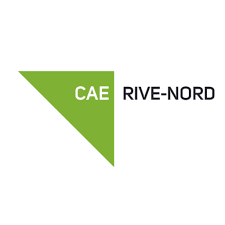
CAE Rive-Nord — Financing for businesses
CAE Rive-Nord- Maximum amount : 300,000 $
- Up to 75% of project cost
- Construction
- Manufacturing
- Wholesale trade

MRC Maskinongé — Local Investment Fund (FLI) and Solidarity Fund (FLS)
MRC de Maskinongé- No Condition
- Manufacturing

Recyc-Québec — Beverage Container Recycling — Stream 1
Recyc-Québec- Maximum amount : 1,000,000 $
- Up to 70% of project cost
- Manufacturing
- Administrative and support, waste management and remediation services

Enbridge Gas Quebec — Cash incentives – Innovation
Enbridge Gas Quebec- Maximum amount : 25,000 $
- Up to 75% of project cost
- Utilities
- Manufacturing
- Professional, scientific and technical services
- Educational services

MRC des Chenaux — Economic Diversification Fund (FDÉ)
MRC des Chenaux- Maximum amount : 15,000 $
- Up to 50% of project cost
- Manufacturing
- Arts, entertainment and recreation
- Other services (except public administration)
- Public administration

Apprenticeship Incentive Grant for Women (AIG-W)
Employment and Social Development Canada (ESDC)- No Condition
- Construction
- Manufacturing
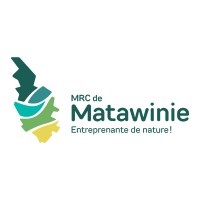
MRC Matawinie — Local investment fund
MRC de Matawinie- Maximum amount : 150,000 $
- Up to 15% of project cost
- Agriculture, forestry, fishing and hunting
- Manufacturing
- Information and cultural industries
- Arts, entertainment and recreation